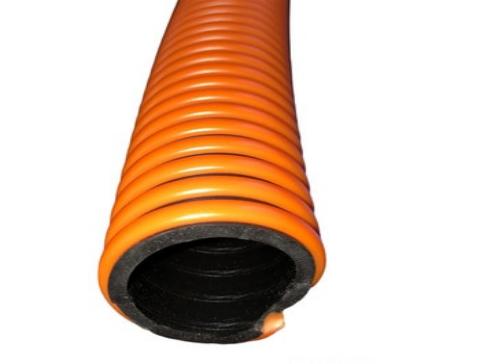There are many rubber hoses to suit your needs. It is important to assess the material according to your specific application.
Synthetic rubbers offer excellent oil resistance and a wide temperature range. They also handle sunlight and ozone well. This makes them a great choice for a wide variety of applications.
Rubber hoses for industrial wear resistance
The industrial wear-resistant rubber series of hoses is a versatile range of hoses that are designed for heavy-duty use. These hoses can withstand heat, abrasion and weather and have high-resistant textile reinforcement which allows them to be used in harsh industrial environments.
These hoses are perfect for abrasion-resistant water transfer and discharge, jetting, irrigation, general dewatering and pumping. They are lightweight and flexible. They can be crimped and banded to make assemblies according to your specifications.
Popular synthetic rubber with a durometer of 60 is Neoprene/Chloroprene. This rubber is great for abrasion and tearing, flexibility (hot), rebound (hot), UV resistance, oil and gasoline, ozone resistance, oil, and ozone resistance.
It is important to consider many factors when choosing the right hose. This can help you select the best hose for your application and ensure the hose will last.
Parker's ToughCover abrasion resistant hose covers are constructed from synthetic rubber and have 80 times the abrasion resistance of standard rubber hose. Parker also offers the superior polymeric SuperTough cover that is 650 times more abrasion resistant than Standard rubber hose.
Rubber hose with wear resistance
There are many uses for hoses that are resistant to abrasion in the construction industry. These hoses are used for transporting sand, plaster grout, cement, and other dry material by air or water. They are also used in plastering machines and sandblasting.
There are several ways to increase the abrasion resistance of hoses, including choosing a compound that has a higher percentage of rubber and adding fillers. Neoprene can be added for oil resistance and abrasion resistance to high-temperature hoses.
Another way to add abrasion resistance to a hose is to use a cover that protects the inside of the hose from rubbing. You can use a thermoplastic hose cover, a textile hose cover, or a traditional rubber-covered one.
The cover must also offer protection against chemicals, UV rays, and ozone attack. Some hose covers have a coil spring-like wire that can provide blunt-force protection. Other options include woven nylon and corrugated plastics.
Parker's ToughJacket hydraulic Hoses are made for heavy-duty applications that require abrasion resistance as well as durability. These hoses feature a special polyurethane jacket to withstand abrasion and are ideal for boom or cable track applications where long lengths of hose are required. They are lightweight and compact, with a very low length change under pressure and superior ultraviolet resistance.
Media transported by wear-resistant rubber hose
Wear-resistant rubber hose can only be used with media that are highly abrasive and prone to erosion. These include hard rock, silica sand, crushed sand, ore, waste water and other highly erosive materials.
Rubber hoses are a great option for these materials as they can be transported over steel pipes. Rubber hoses have a higher elasticity which absorbs energy from particles that impact on them, thereby reducing pressure drop (see Figure 2.21).
The media transported by these hoses can be either fluid-like or cohesive in nature. This is because the hoses are made of rubber which can adapt to the properties of the material being conveyed and provide the necessary tensile strength, flexibility and resistance against weathering, UV light and ozone.
There are many cover options for hoses, including traditional neoprene and plastic-rubber mixtures with high-end thin polyethylene sheaths. These reduce friction and increase wear resistance. A smooth plastic hose is more resistant to snags than a textile hose. The thermoplastic cover can also be made from a combination of different plastic resins to increase abrasion resistance.

